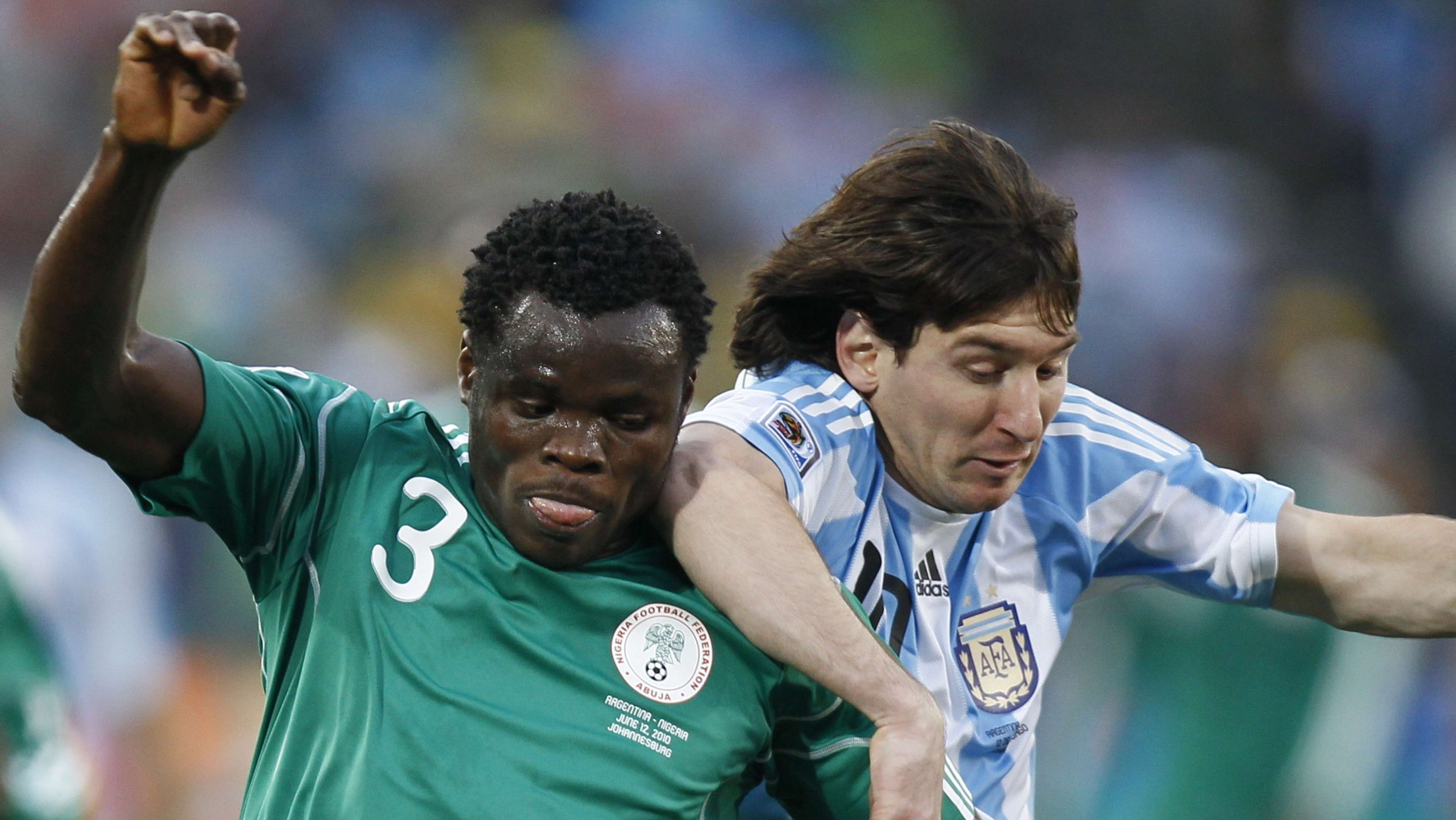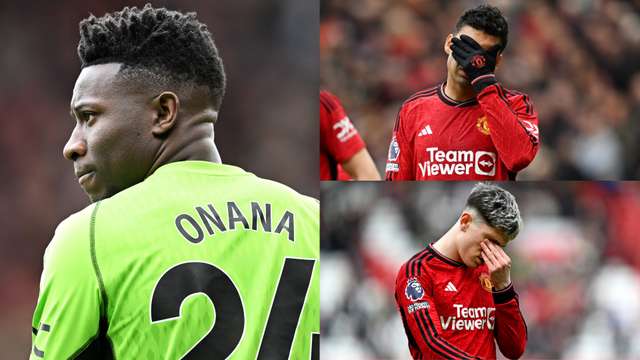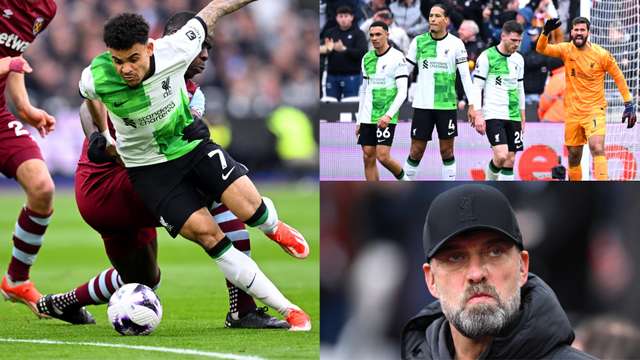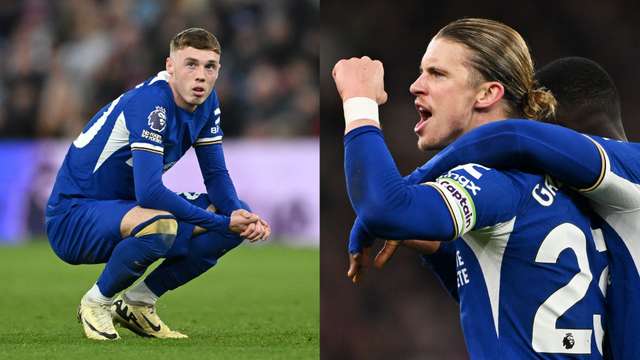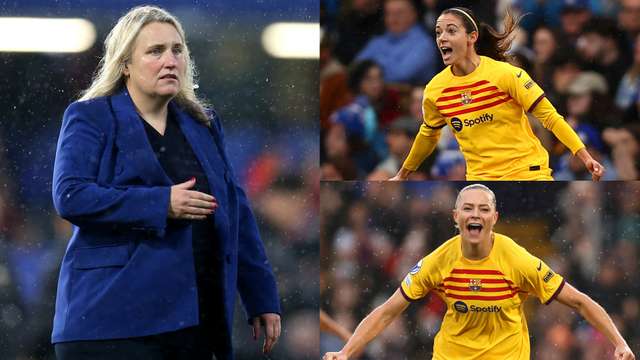When the individual awards were being handed out after Argentina’s 2-1 win over Nigeria at the 2005 U-20 World Cup final, three players stood out: the diminutive Lionel Messi, gangly Mikel John Obi and Taye Taiwo.
The South Americans owed their triumph to the mesmeric magician whose six-goal haul brought home the nation’s fourth success in six tournaments, while the disappointed pair on the losing side couldn’t record the West African country’s first win at the showpiece.
Mikel, for his part, was probably the most talented of that iteration of the Flying Eaglets, with his artistry putting him above many in the squad. He came second behind Messi, and there was a peculiar choice for third-place.
It’s often trite to place stereotypes on players of colour, but Taiwo was the emodiment of those 'classic African' qualities of pace, strength and power. The left-back wasn’t just a bystander in Samson Siasia’s side; he indefatigably forayed forward, often contributing in making the side tick in the final third and balanced it with defensive astuteness.
The stocky defender’s influence grew as the African side progressed in the competition, leading to his two strikes in the knockout stages. His first was a fortuitous cross-cum-shot with his weaker foot that won the game against Ukraine in the Round of 16, while the second, a typical powered effort, was the opener in the Eaglets’ comfortable 3-0 semi-final success over Morocco.
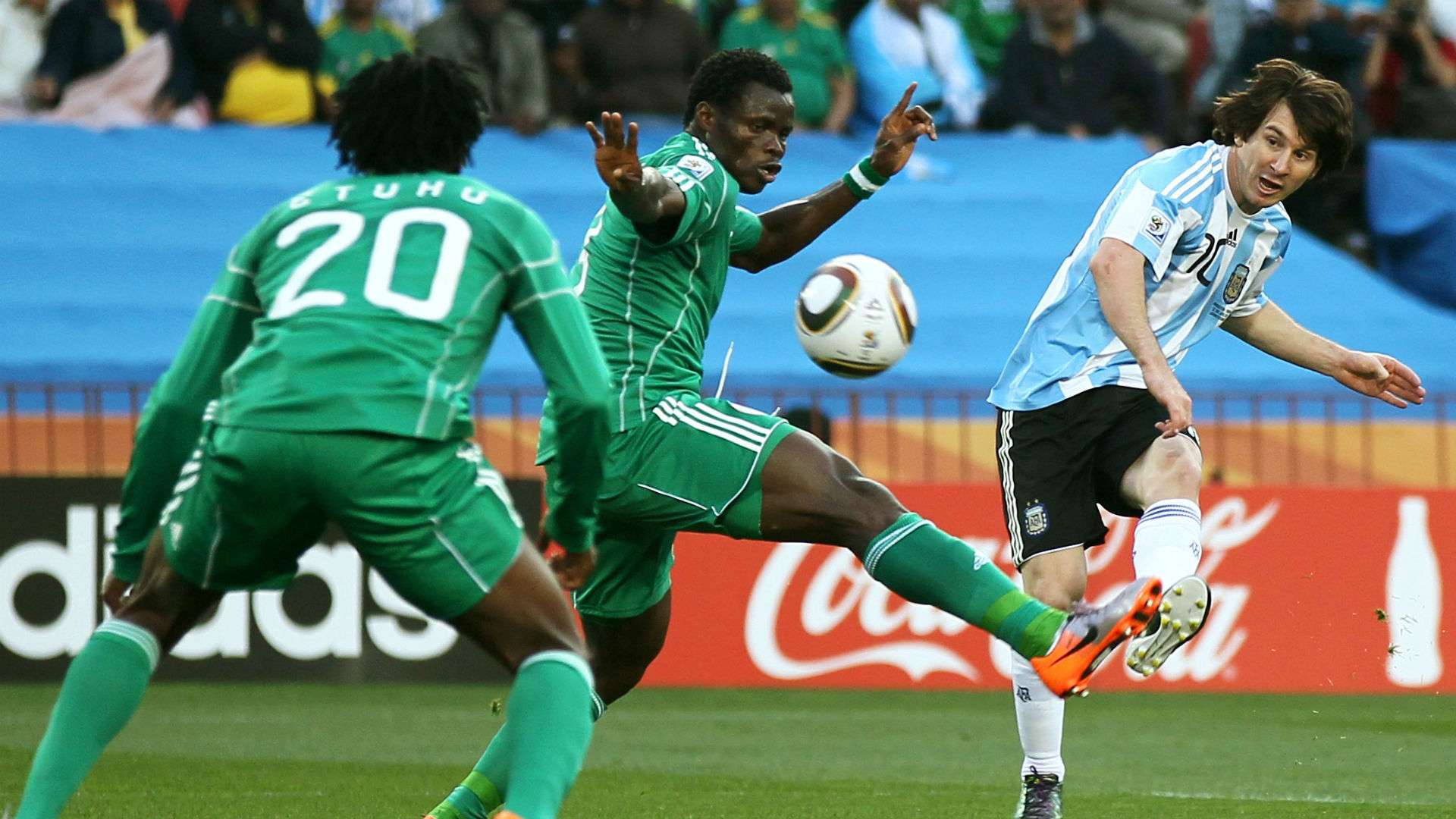 Photo by Christof Koepsel/Getty Images
Photo by Christof Koepsel/Getty ImagesFurthermore, the confidence and composure to step up and dispatch both his penalties in the dramatic 10-9 shootout success over tournament hosts the Netherlands underlined his admirable self-belief and calmness. He was also involved in the move that ended with Chinedu Obasi’s fine diving header to peg back Argentina in the decider.
Taiwo was that side’s second highest scorer (Obasi netted three times) and seemed ready to take on the world, as Mikel and Messi would go on to do.
Unsurprisingly, the defender’s showings at the biennial competition translated into increased game time at Olympique de Marseille in 2005/06. Having featured in only four Ligue 1 matches the year before, new boss Jean Fernandez made the Nigerian defender his primary left-back for the new season, resulting in 30 league matches.
Appearances in the following campaigns were 37, 28, 35, 27 and 30 before his departure after the 2010/11 season.
What made Taiwo’s time in France extra special was playing a major part in Les Olympiens’ return to the summit of Ligue 1 in 2010, ending an 18-year wait for the title. The left-back was largely backed as first-choice pick despite the managerial changes at the time – Fernandez, Albert Emon and Eric Gerets were at the helm between 2005 and 2009 before Didier Deschamps’ appointment under the late Senegalese president Pape Diouf.
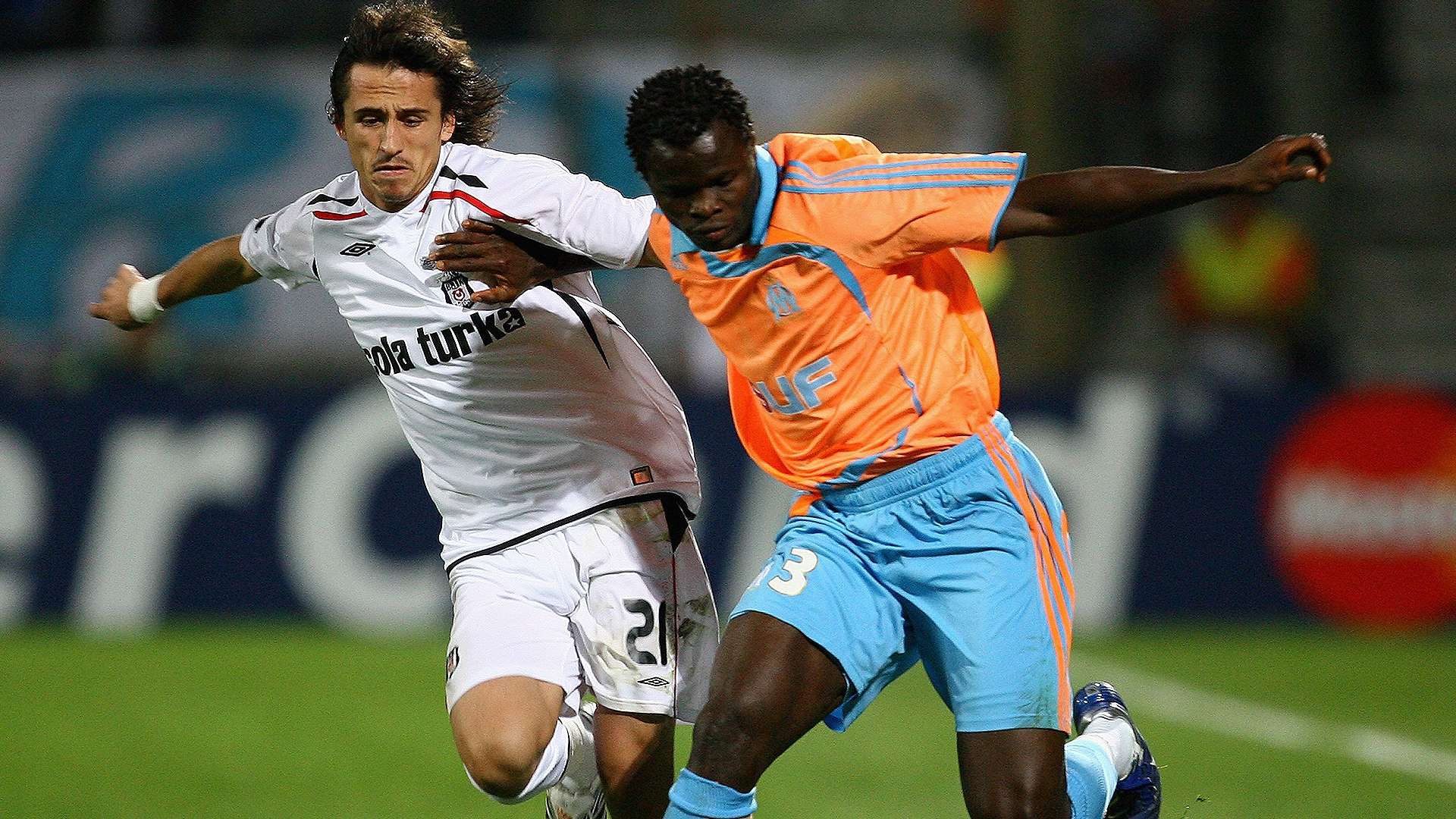 Getty
GettyDespite the 1998 World Cup-winning captain signing 10 players in the summer of 2009, Gabriel Heinze inclusive (who intermittently featured at left-back), the powerful Super Eagles star remained a vital cog of the side.
He also featured for 90 minutes in Marseille’s 3-1 Coupe de la Ligue Final win over Bordeaux – ending Les Phoceens’ 17-year trophy drought – which came about two months before their ninth top flight success.
While players like Mamadou Niang (the club’s top scorer), Brandao, Mathieu Valbuena and Lucho Gonzalez (a then-record buy) got most of the plaudits, the input of blue-collar workers like Taiwo was also critical to their success.
The left-back’s final year saw Marseille retain their cup title but surrender their Ligue 1 crown to LOSC Lille.
In truth, departing Stade Velodrome having helped the club to league success and successive cup titles seemed like the smart move, especially as AC Milan, Bayern Munich and Liverpool were supposedly interested in his services.
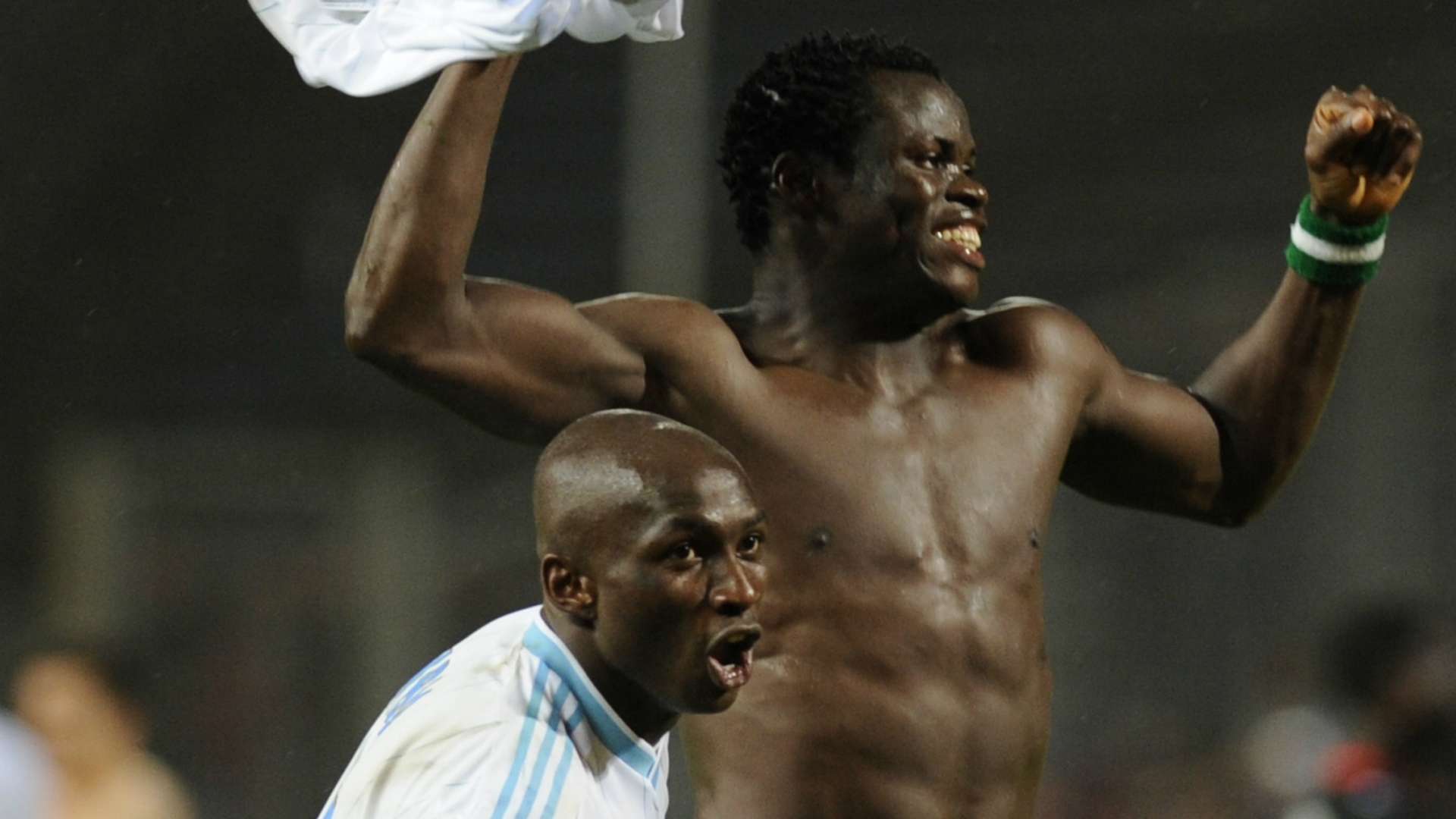 Getty
GettyAfter seven years in Marseille, 26 seemed like a good age to seek a new challenge and he opted for Milan who had won the Serie A in 2010/11. However, this proved to be the turning point of Taiwo's career.
Massimiliano Allegri preferred Luca Antonini or Gianluca Zambrotta at left-back for the first-half of 11/12, and oddly even opted for Daniele Bonera, naturally a centre-back, in a game at Napoli with the Nigerian defender on the bench.
After months without regular action, the former Marseille man blew his top in an interview with L'Equipe in December 2011.
"I am suffering every day because I don't get to play football. I joined this club in order to play, but I have made only six appearances so far," Taiwo bemoaned. "I don't understand how things work in Italy. Sometimes I even have to watch from the stands, but I really need to play in order to show what I can do.
"It looks like Allegri doesn't have faith in me. It's not like me to just sit back and do nothing in a situation like this."
He also admitted later to having issues with the language, not helped by the coach’s rapid speech. Allegri started the stout defender in the Rossoneri’s next two fixtures – 2-0 wins over Siena and Cagliari – but they proved to be the West African’s last games for Milan (he appeared only four times in Serie A and made four Champions League appearances).
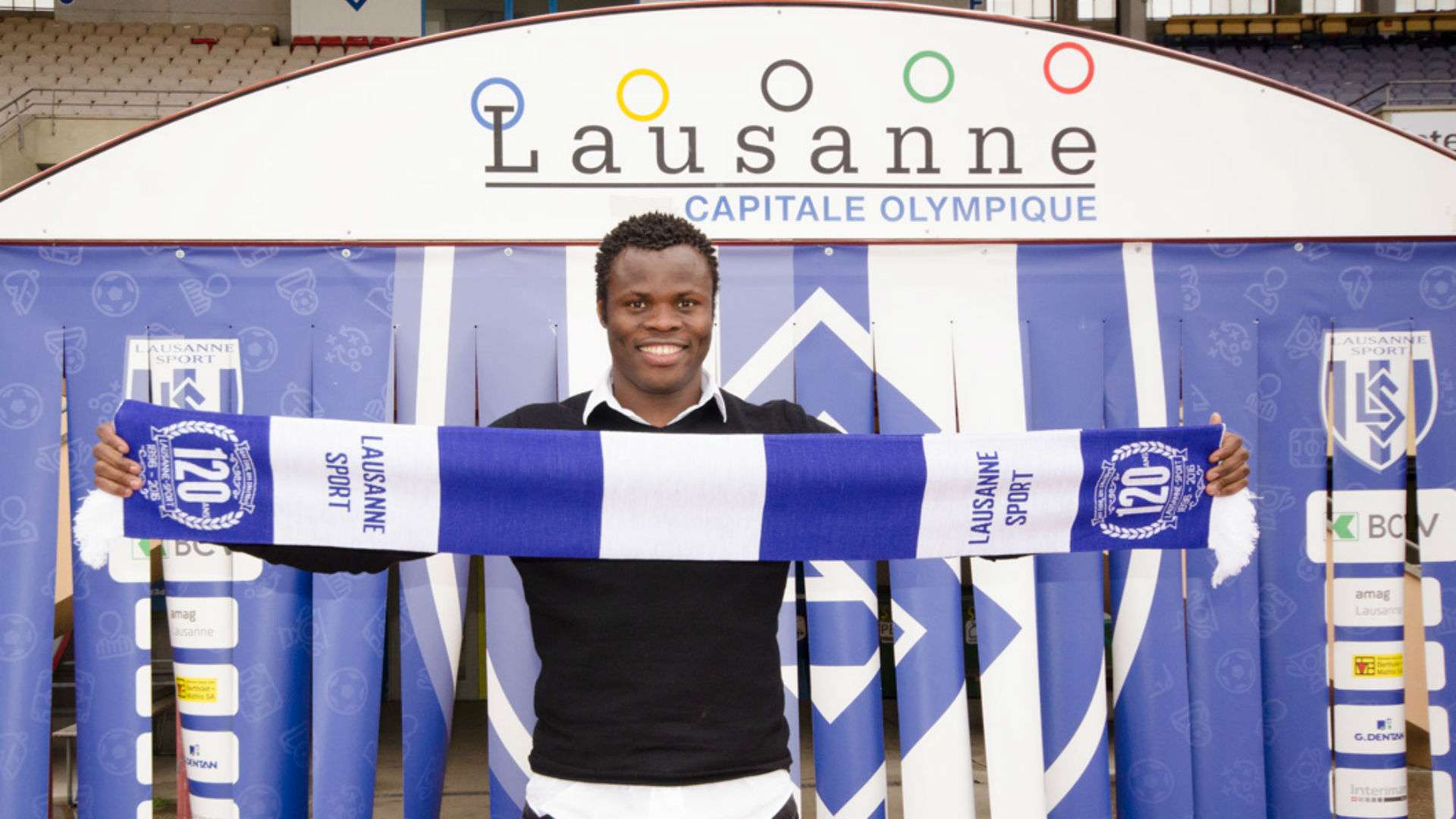 FC Lausanne-Sport
FC Lausanne-SportTaiwo was loaned to relegation-threatened Premier League Queens Park Rangers in January 2012, a major step down for a player used to competing for things at the top of the table.
That short spell in England proved to be the left-back’s last sighting in one of Europe’s major leagues; he had a year-long spell at Dynamo Kyiv, played in Turkey with Bursaspor and turned out for Finnish outfit HJK Helsinki, to name a few.
The ex-Marseille man also played in Switzerland and Sweden prior to a two-year stay at RoPS where he stayed till his release at the end of 2019.
For a career that promised so much, the notion is that the 34-year-old peaked early and couldn’t continue his upward trajectory after his initial burst of success.
Yet, one wonders how things might have panned out if he either moved elsewhere in 2011 or that ill-fated spell at Milan had gone differently.
At international level, it is poignant that Mikel was the only one from that 2005 Eaglets squad to indeed stay relevant for an extended period. The ex-Chelsea man was also the only one who featured in Nigeria’s 2013 Africa Cup of Nations success, ending nearly two decades of hurt, withTaiwo having been discarded from the national team a year earlier.
While Mikel became a cornerstone of the Super Eagles side, the left-back unfortunately faded following his promising time in France which turned out to be the highpoint of his career.
